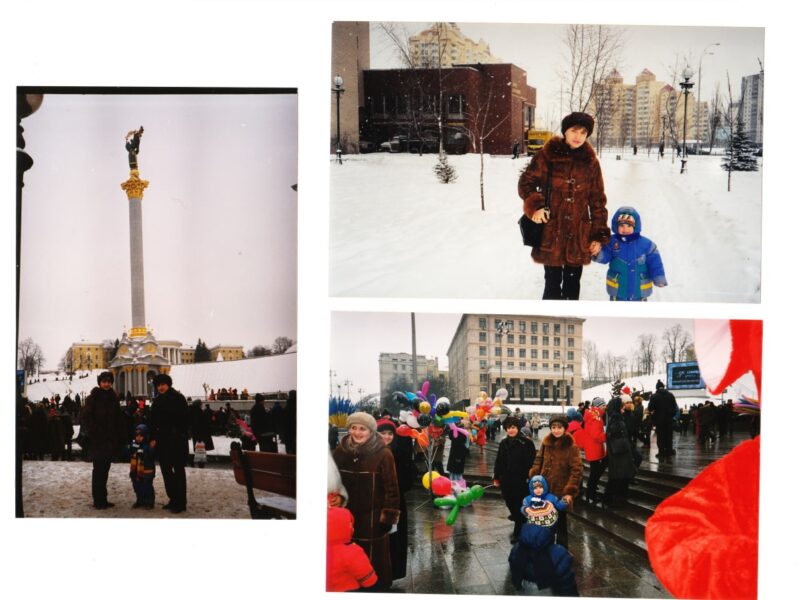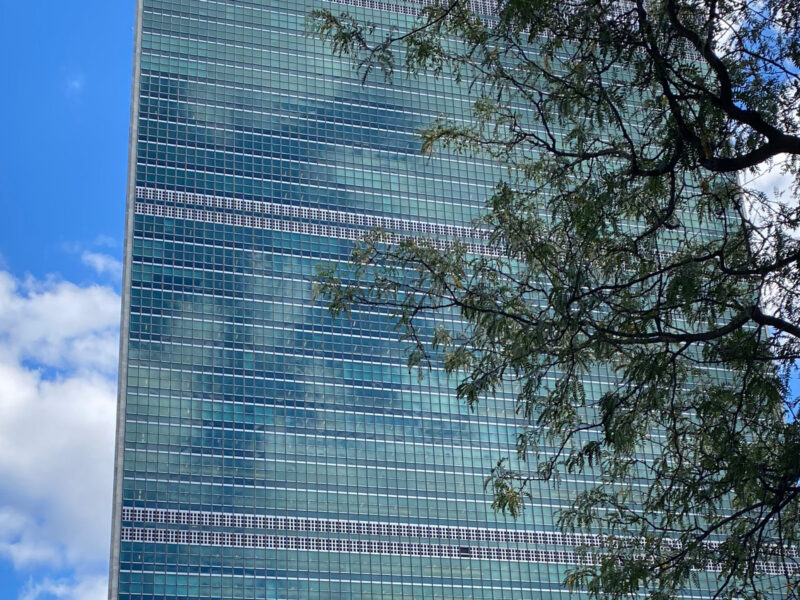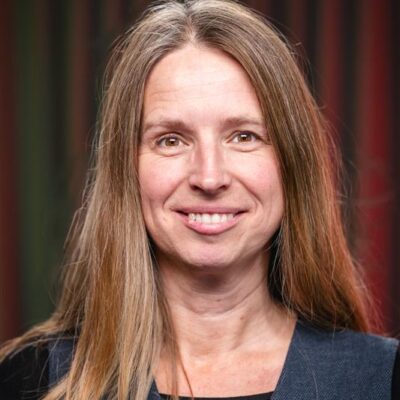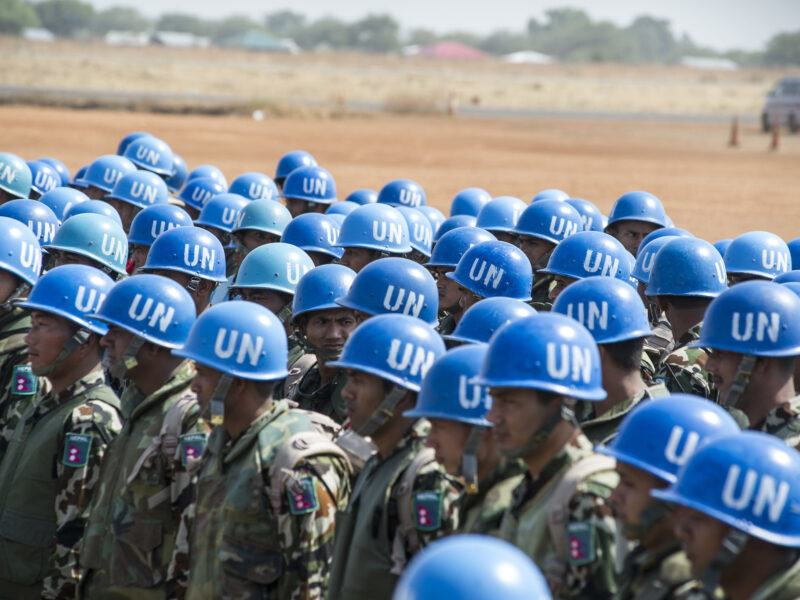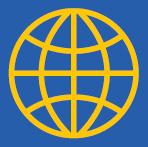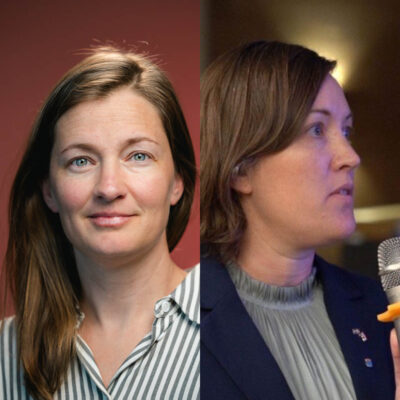Escalation in Ukraine
No one could have missed the recent escalated Russian aggression against Ukraine. While the daily casualties in Donbas (reportedly over 1300 ceasefire violations per day) tend to receive less media coverage, the declared martial law covering ten regions of Ukraine came as a reality check of sorts.
Possible limitations on individual rights and freedoms remain to be seen, but there are apparent concerns about how the law might affect Ukraine’s long struggle for democracy. Efforts to strengthen institutions at the local level might also be compromised. With the majority of cities engaged in the FBA project on the rule of law in Ukrainian municipalities being affected by the emergency status, could the efforts towards increased accountability at the local level be questioned? We discussed the progress in each of the cities during the final project conference on 12 December in Kyiv. Results of four years of rule of law work were in the spotlight. But what happens afterwards?
FBA’s work in Ukraine will continue. From the rule of law side, we will be looking into possibilities to assist local authorities to ensure rights based service delivery in conflict affected regions – regions and people that have been experiencing an escalation of their own since the beginning of the conflict.
Over the past year FBA supported a number of regional consultations in Kramatorsk, Severodonetsk, Mariupol, and Kherson with over 100 representatives of human rights organisations, judges, academia and local authorities. The work was led by our Ukrainian colleagues at the National University of Kyiv Mohyla Academy. Following a review of the legal framework and about 500 court decisions, a study was run to examine the rule of law deficits in public administration and how the war in Ukraine has compromised service delivery. Early FBA work on the rule of law and peacebuilding shows that a dysfunctional public administration risks perpetuating conflict and grievances.
What does that cover in practice? Pretty much the full life cycle – from registration of birth, access to education, social protection, rights to do business, rights to property, marriage, inheritance, and death registration. Civil registration is for example one of the most common services that residents of Crimea and Donbas have to deal with. Estimates show over 370 000 of cases of birth and death on occupied and armed group-controlled territories between 2014 and 2017.
Lost and damaged homes and private property add up to terrifying statistics. Restitution mechanisms have still not been resolved at the legislative level. The absence of functioning procedures for compensation of damaged or destroyed property violates human rights to property and housing.
The study carried out by Kyiv Mohyla Academy with support from FBA offers various insights and recommendations (summary in English available here). It makes one thing clear – people residing in the occupied and armed group-controlled territories are locked in discriminatory positions as opposed to other Ukrainian citizens. At the very least, service delivery should be made as accessible as possible.
Going forward, FBA will continue supporting Ukrainian partners in exploring the potential of local authorities to simplify and streamline service delivery from the rule of law and human rights based perspectives. As needs for dialogue, mediation and reintegration of former combatants are prevalent, an integrated and across-silo approach (not least from FBA’s end) will be required to address some of these challenges in Ukraine.
av Ludmila Ceban

